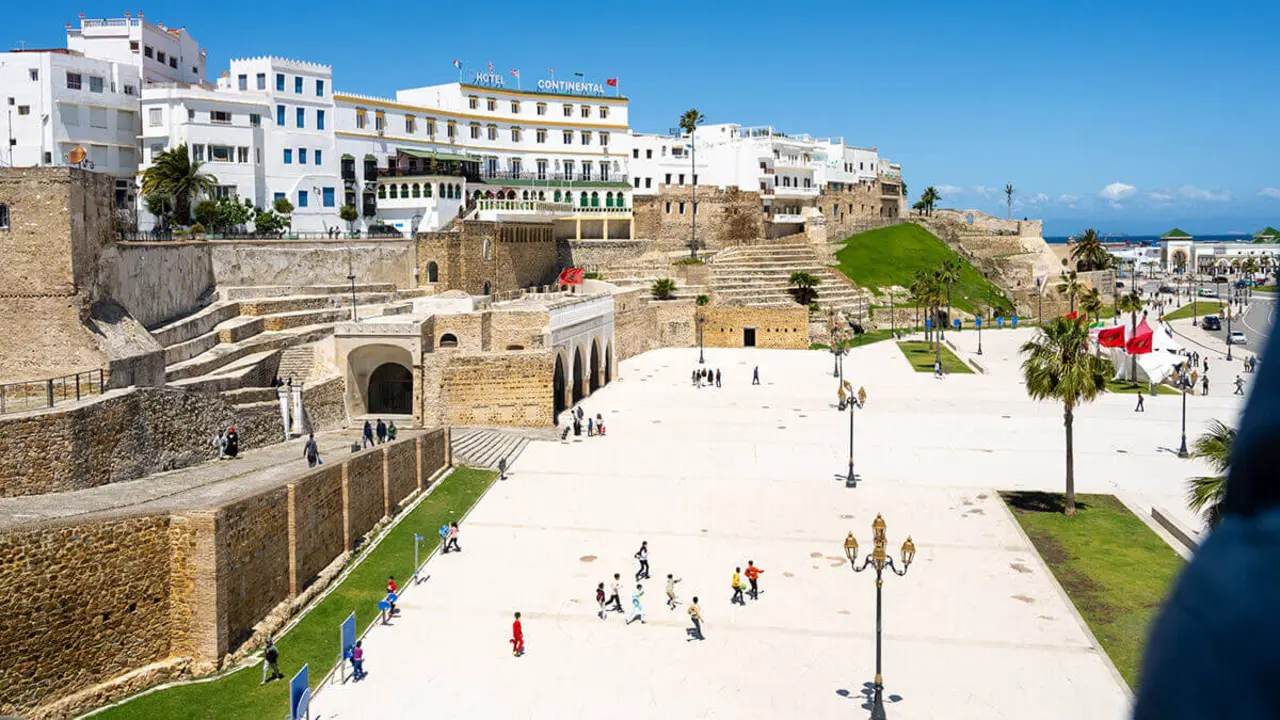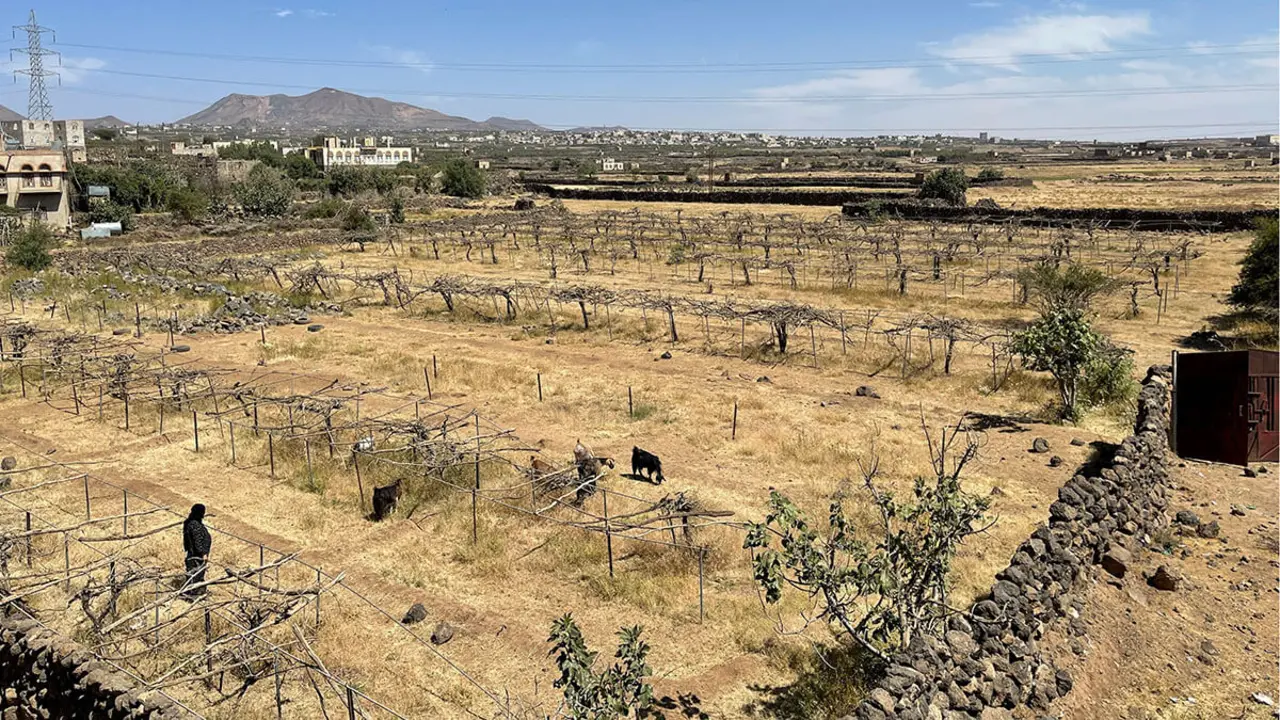US will cut Colorado River supplies as drought hits Mexico

A historic drought in the United States is severely affecting the Colorado River, the lifeblood of the western part of the country. Joe Biden's administration has announced "urgent actions" to protect the sustainability of the Colorado River basin and avoid a "catastrophic collapse". Among the measures that will come into effect in 2023 are water supply cuts for the states of Arizona and Nevada, and neighbouring Mexico.
The federal government's intervention comes after states failed to agree on a plan to reduce their use by a deadline. "To avoid a catastrophic collapse of the Colorado River system and a future of uncertainty and conflict, water use in the basin must be reduced," announced the US Department of the Interior's undersecretary for water and science, Tanya Trujillo.
However, this situation in the Colorado River Basin is not new. More than two decades of below-normal rainfall have left the river and the states it supplies exhausted. "Prolonged drought and low surface water discharge conditions, accelerated by climate change, have resulted in historically low water levels in Lakes Powell and Mead," an Interior Department statement said.

Climate change is to blame for the drought, according to US officials. Interior Undersecretary Tommy Beaudreau said the worsening drought is mainly due to "the effects of climate change, including extreme heat and low precipitation," as well as the consequences of climate change, such as the risk of wildfires and disruption of ecosystems.
Last year, falling levels forced the government to declare an emergency in the region due to water shortages and a mandatory cut in allocations for the same states, within the framework of the plan signed in 2019 by seven US states and Mexico to help maintain the level of reservoirs.
This plan also establishes annual allocations for each state based on Lake Mead water levels. Under the new cut, Arizona's allocation from the river will fall by 21%, Nevada will have 8% less and Mexico 7%.

For California, the largest user of the river's water and the most populous of the western states, it will not be affected for next year, something that has not gone down well with the other affected states. "It is unacceptable that Arizona continues to bear a disproportionate burden of reductions for the benefit of others who have not contributed," Tom Buschatzke, director of the state Department of Water Resources, and Ted Cooke, general manager of the Central Arizona Project, said in a statement.
The western United States is suffering from a 23-year drought, but is now experiencing its worst episode. The Colorado River basin covers 630,000 acres and supports cities such as Denver, Los Angeles, Phoenix and Las Vegas. Unpopular measures such as outdoor irrigation have already been taken in several states, but it is not enough to alleviate the drought.

But if there is one place that reflects the most immediate effects of climate change, it is Death Valley, the region of California where the average temperature hovers around 50 degrees Celsius. This region recorded a flood that, in just three hours, carried away 75% of the rain that falls in a year in this region. A phenomenon that, according to experts, only happens once every thousand years.
"Death Valley is a place of extremes. It is the hottest place in the world and the driest place in North America. This week's 1,000-year flood is another example of this extreme environment. With climate change models predicting more frequent and intense storms, this is a place where you can see climate change in action," said park director Mike Reynolds.
Americas Coordinator: José Antonio Sierra.








